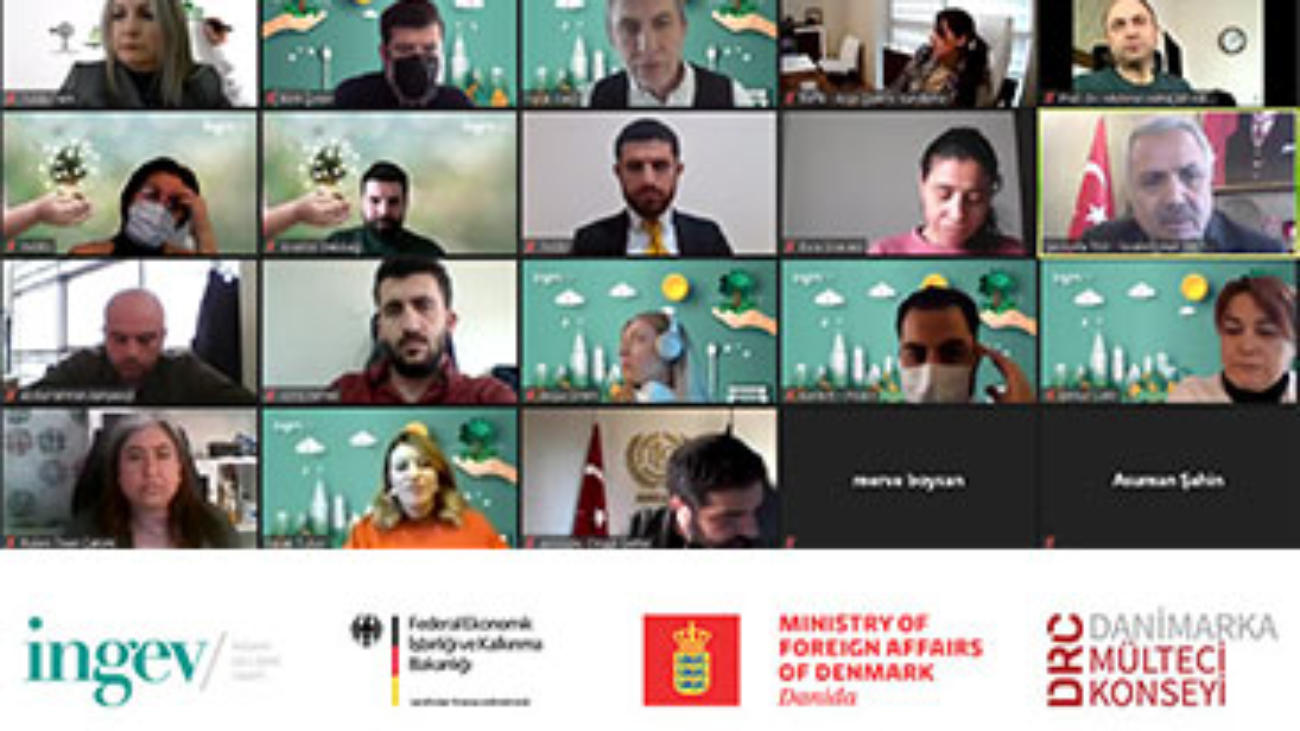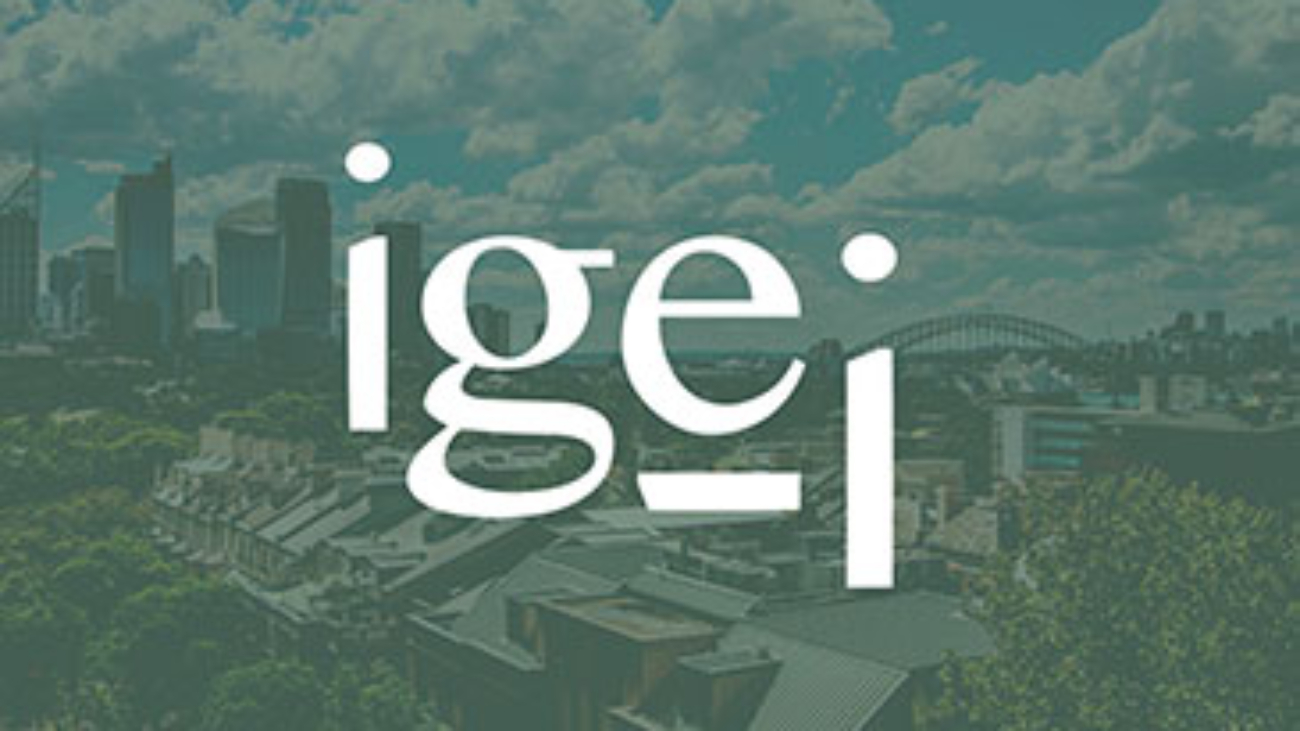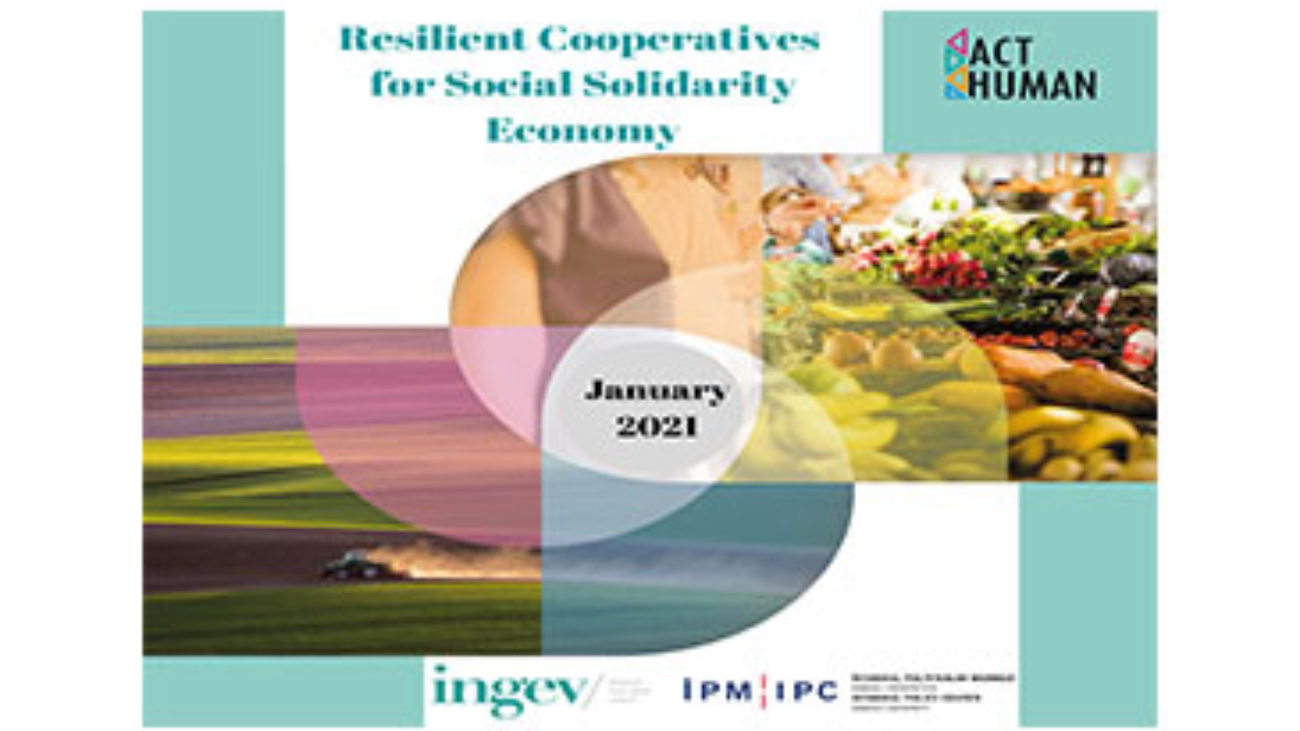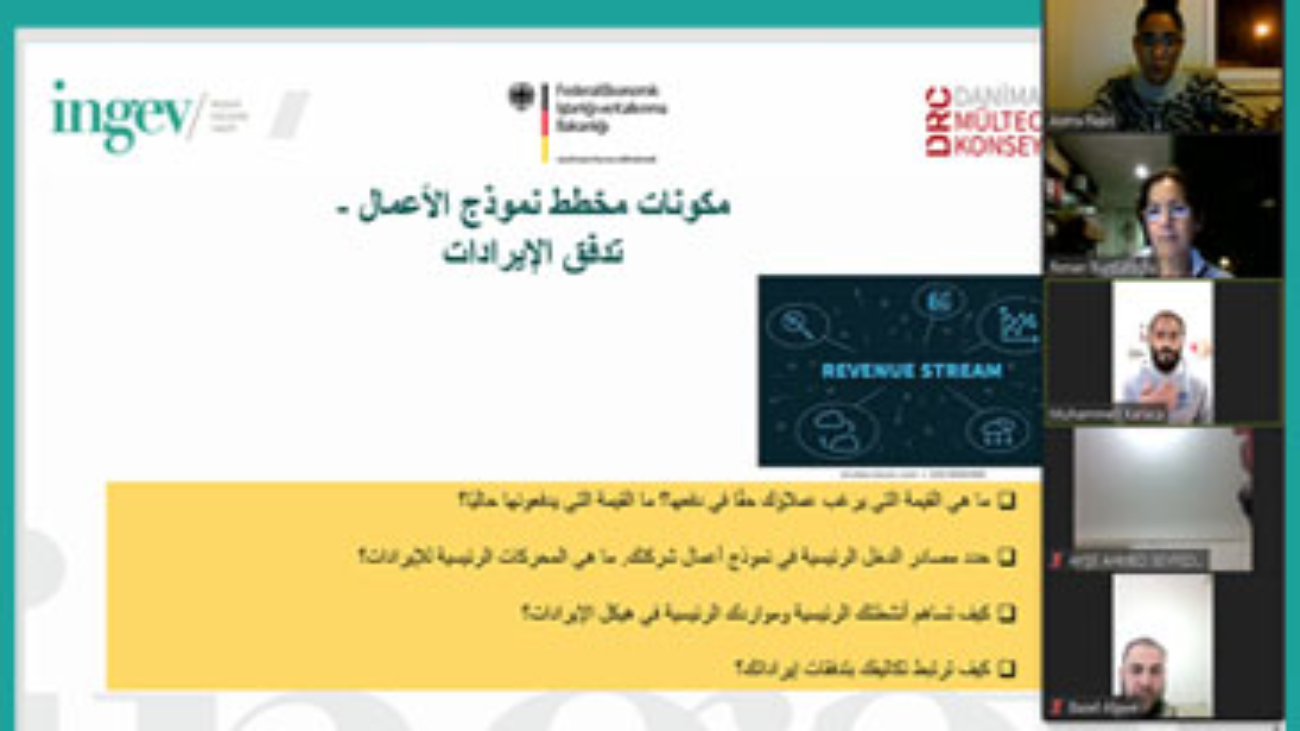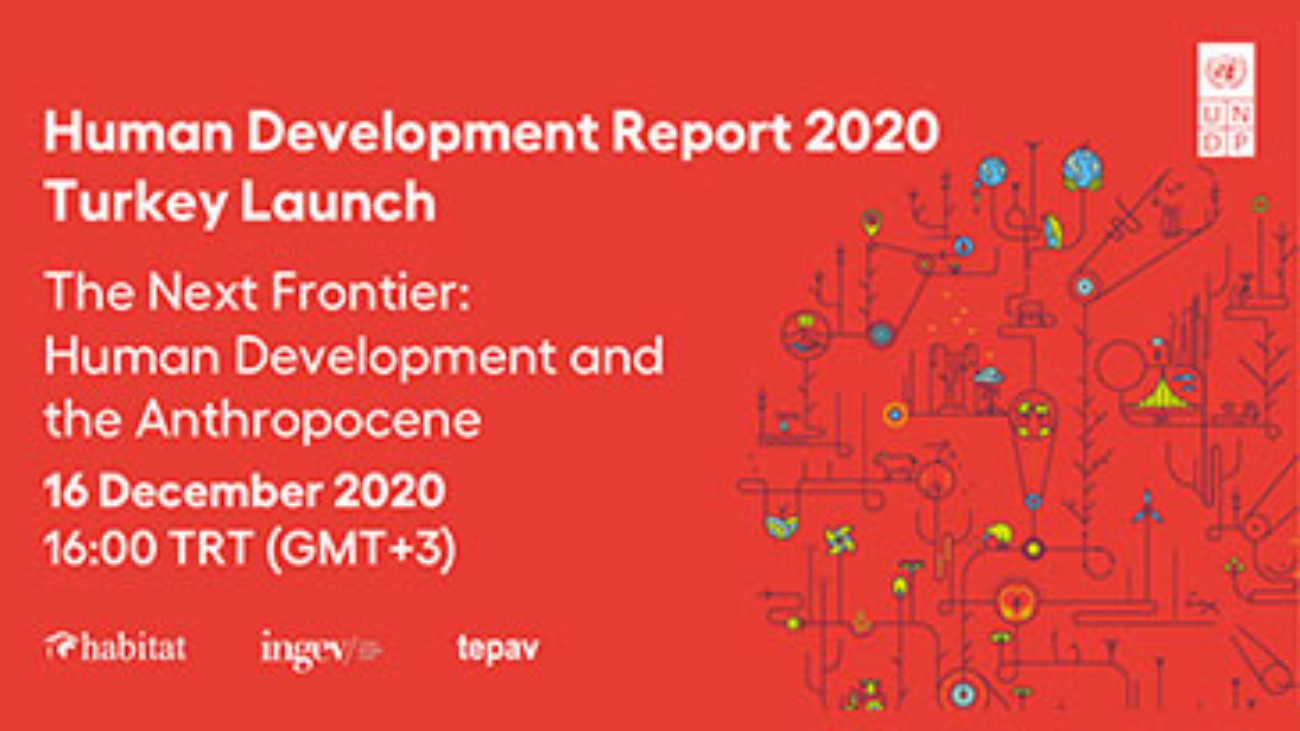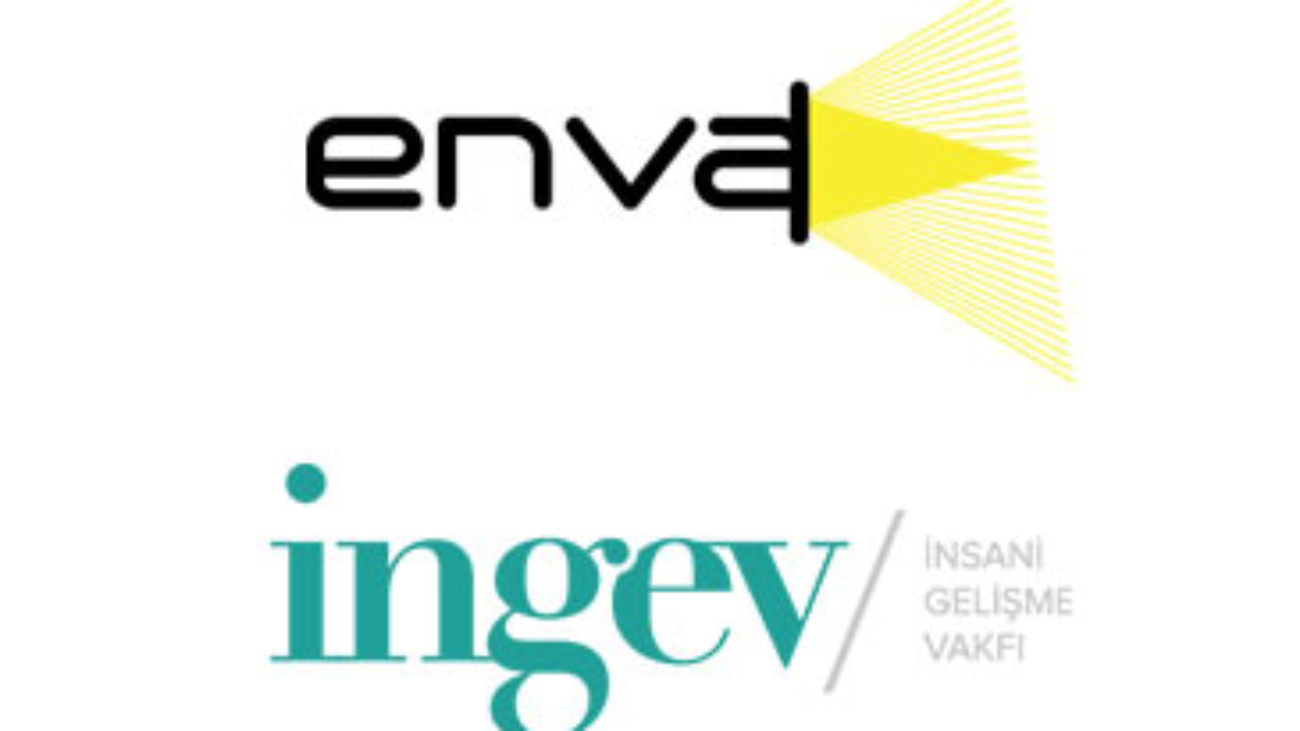During an online conference held by INGEV on January 29th, the results of the 2020 Human Development Index-Districts (HDI-D) were officially announced, with the mayors of the districts who achieved “Very High Human Development” receiving awards. The HDI-D is prepared yearly by INGEV in support of encouraging human development at the district level.
The opening speech of the meeting was given by INGEV President Vural Çakır. Prior to the start of the awards ceremony, Istanbul Policy Center Director Prof. Turkey Fuat Keyman alongside UNDP Turkey UNDP Assistant Resident Representative (Programme) Seher Alacacı Arıner discussed the topic “New Localism and the Vision of Human Development.”
INGEV President Vural Çakır: “While creating 2020 Human Development Index – Districts, we focused on the categories that are effective in determining the roles of local governments.”
IPC Director Prof. Fuat Keyman: “Under New Locality, three are three points that can be carefully evaluated and considered as a suggestion: 1) A City with Virtue 2) A City in Digital Transformation 3) A City with a City Management Coalition.”
UNDP Turkey Assistant Resident Representative (Programme) Seher Alacacı Arıner: “The 2020 Human Development Report analyzes the coexistence of human beings and our planet, which is the defining issue of our age.”
The coordinator of the HDI-D, Prof. Murat Şeker also gave a presentation explaining the HDI-D working system before announcing the results.
Please click on the link to watch the HDI-D event
About HDI-D (Human Development Index – Districts) Study:
The Human Development Index has been published by the United Nations Development Program (UNDP) at the country level since 1990. The Human Development Index, considering the income per capita, life expectancy at birth, literacy, and schooling rates, aims to measure human development with education and health data and compare countries.
The importance of local governments and micro applications for human development is increasing
The Human Development Index aims to guide human development at the local level. In today’s world, where localization is increasing, local policy tools that affect human development are also diversifying. The effective use of data-based management tools by local governments on a micro-scale and their support by other stakeholders, especially central governments, increase life quality. İNGEV cares about manageable variables that can affect daily life.
HDI-D 2020 Report and Index covers 188 districts.
Human Development Index – Districts 2020 report, called HDI-D, included all districts within the metropolitan borders and 188 districts with the highest population. Municipalities that did not publish the 2019 Activity Report and/or did not share it with İNGEV were excluded from the report.
HDI-D Index has developed in the 2020 Study, HDI-2020 consists of 9 Sub-Indices and 81 Indicators.
HDI-D development areas were determined within the framework of the results of the United Nations Sustainable Development Goals (SDG) harmonization study carried out with UCLG-MEWA and the results of HDI-Advisory Board. Apart from the sub-indexes of Governance and Transparency, Social Inclusion, Economic Status, Education, Health, Social Life, Environmental Performance to the HDI-D model, which consists of components for social, economic and environmental factors at district level, in the 2020 study, Gender Equality and Transportation and Accessibility Indices are also added. The number of indices increased to 9, the number of indicators increased to 81, and data for 121 indicators were collected.
Along with the detailed examination of municipality activity reports, analysis of central statistics, analysis of the municipality website, and social media accounts, the 2020 report has also expanded the “secret citizen” study and applied to municipalities with “secret citizen” scenarios in a total of 21 issues. Their response levels are also included in the index.
The results are categorized into four main regions: There are 34 districts in the Very High Human Development Zone.
In the HDI-D Index, districts are gathered in 4 main clusters as Very High Human Development, High Human Development, Medium Human Development and Low Human Development. There are 34 districts in the Very High Human Development region in the 2020 report. The districts in the 2020 Very High Human Development Zone (Green Zone) are:

In addition to the Total Human Development Index, there are nine sub-indexes in the study:
In addition to the Human Development Index, which constitutes the total results in the HDI-D 2020 Index, 9 sub-indices are important in guiding local government activities. These sub-indices comprise of Governance and Transparency, Social Inclusion, Economic Status, Education, Health, Social Life, Environmental Performance, Transport and Accessibility and Gender Equality.
The top 5 districts in these indices are as follows:



According to HDI-D 2020 results, the areas where the green zone is least represented are social inclusion, social life, and environmental performance. When the scores of the leading districts at the sub-index level are analyzed, it is seen that the lowest score is in the social inclusion area. According to their average scores in sub-indices, municipalities need to improve in social inclusion, environmental performance, and gender equality.
The enrichment of the number of variables and the districts’ performance led to a change in the District rankings compared to last year.

A team of experts manages the project.
With the general support of INGEV President Vural Çakır, Director for Istanbul University Center for Urban Policy Research, Professor Murat Şeker carries out the report writing. In the project team, İNGEV experts took part in statistical analysis.


